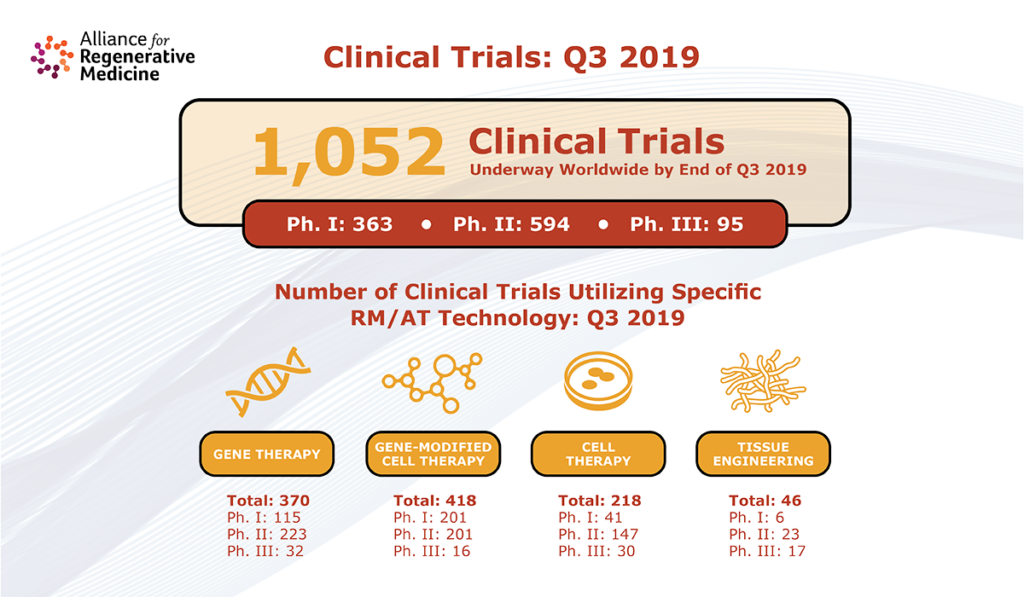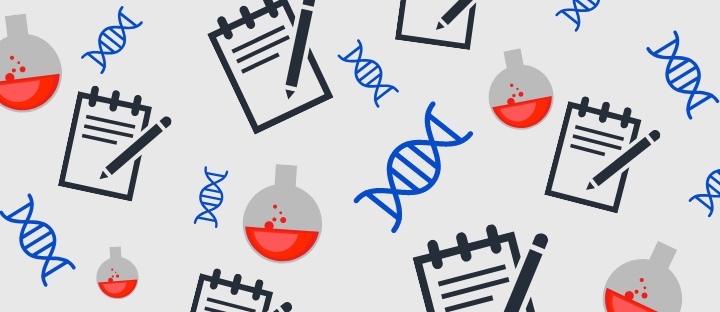#ScienceSaturday posts share relevant and exciting scientific news with the KAND community, and are compiled by Alejandro Doval. Alejandro is from Spain and serves as Team Leader of the KIF1A.ORG parent-led Research Engagement Team. Send news suggestions to our team at impact@kif1a.org.
Recent KIF1A-Related Research
Mobility Characteristics of Children with Spastic Paraplegia Due to a Mutation in the KIF1A Gene
Led by a team of researchers in The Netherlands, this paper reports on four KIF1A patients and their symptoms. The team concludes “mobility and cognition are severely affected in children with spastic paraplegia due to de novo KIF1A mutations. Deterioration in mobility is most likely due to progressive spasticity, muscle weakness, and the secondary development of severe contractures, possibly combined with an additional progressive polyneuropathy. Close follow-up and treatment of these patients are warranted.”
Long-term follow-up until early adulthood in autosomal dominant, complex SPG30 with a novel KIF1A variant: a case report
This case report from Italy covers the natural history of one KIF1A patient, from 18 months to 19 years old. The patient is affected by common KAND symptoms, including speech delay, intellectual disability, frequent falling and cerebellar atrophy.
Some good news in this case report: the researchers note while “Cerebellar atrophy is an almost constant finding in complicated forms of SPG30” they found in their long-term study of this patient, “there is no progression in cerebellar atrophy in the long-term follow-up from infancy to early adulthood.” In other words, the patient had cerebellar atrophy, but it did not get worse over time.
The model of local axon homeostasis – explaining the role and regulation of microtubule bundles in axon maintenance and pathology
If you want to spend your entire day reading about axons and microtubules (MTs), we’ve got a paper for you. MTs are especially important for motor proteins (like KIF1A). In a past Research Simplified summary, KIF1A researcher Dominique Lessard explains MTs are the “cellular roadways that kinesin/KIF motors follow to get to a specific destination.”
In this new paper from the UK, researchers “observe that loss of certain transport kinesins (Kinesin heavy chain/Khc/Kif5A or B, Unc-104/Kif1A) causes severe MT disorganisation in Drosophila primary neurons.”
Rare Disease News
Artificial Neurons on a Chip Developed to Treat Chronic Diseases
“An international team of scientists has developed artificial neurons on silicon chips that behave just like neurons in the body. The first-of-its-kind achievement could lead to the development of medical devices for treating chronic diseases, such as heart failure, Alzheimer’s disease, or other neurodegenerative disorders.” Watch this video or read the article to learn more about this fascinating discovery.
AAV CRISPR editing rescues cardiac and muscle function for 18 months in dystrophic mice
Working with a mouse model of Duchenne muscular dystrophy (which causes dystrophin deficiency), researchers observed restoration of dystrophin in skeletal and cardiac muscles after a one-time treatment of an AAV CRISPR therapy. After experimenting with different vector doses, the team also concluded that a higher gRNA vector dose was needed to achieve optimal results. The researchers suggest these insights and method for using AAV CRISPR could be applied to “any disease that requires systemic life-long mutation correction.”
Q3 2019 Data Report – Quarterly Regenerative Medicine Sector Report
If you want a look at the global landscape of regenerative medicine, including gene and cell therapy, check out this report from the Alliance for Regenerative Medicine. There are currently over 1,000 clinical trials underway using regenerative and advanced therapies for cancers, musculoskeletal and central nervous system disorders, and other diseases.


